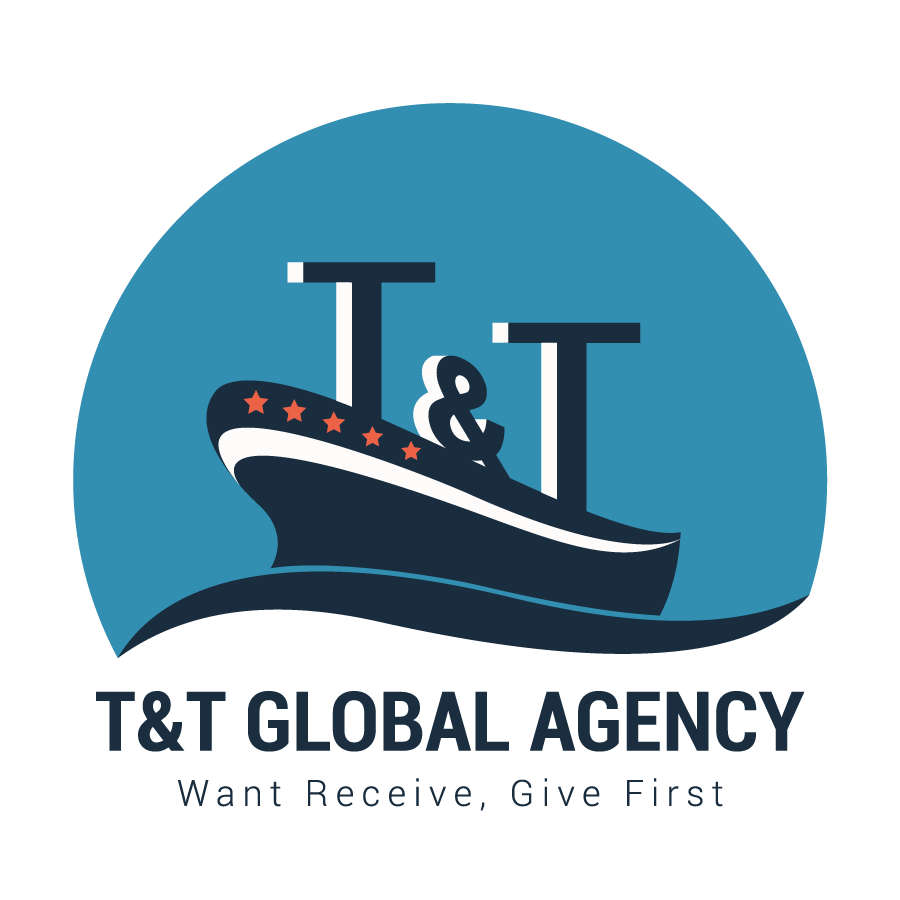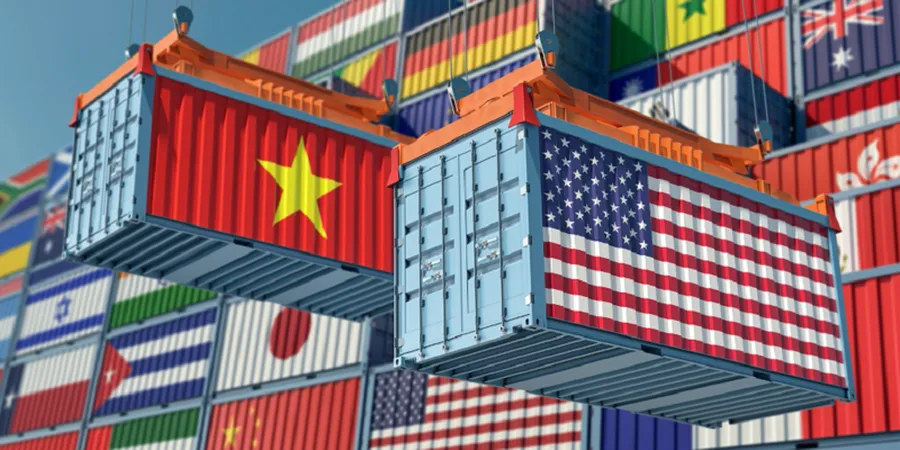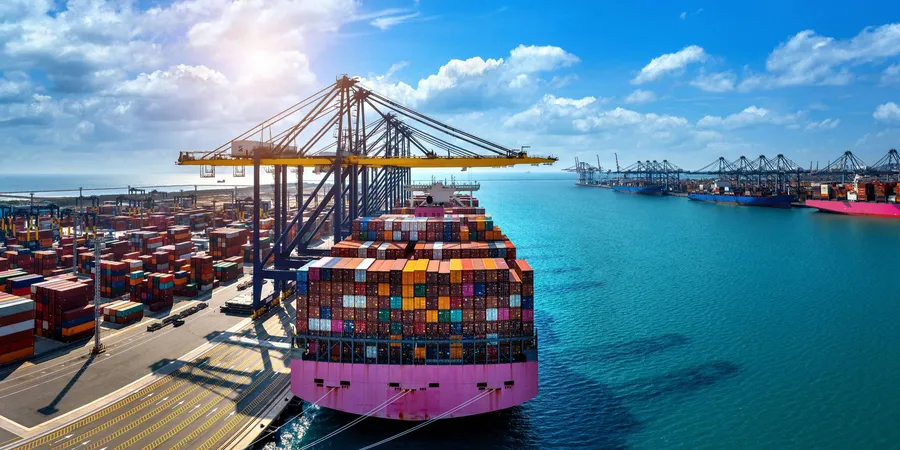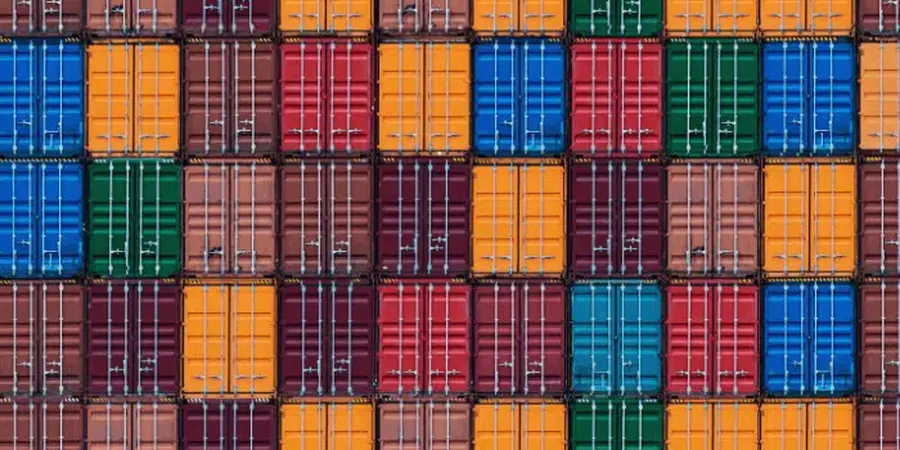9 tips for doing business with European coffee buyers
The coffee trade is a volatile business. Europe has the world’s largest and most competitive coffee market. If you want to do business in Europe successfully, you will need a clear picture of the international supply chain, specific European requirements and national market trends. Use the following tips for help with doing business with European buyers.
1. Comply with legal requirements
Complying with legal requirements means meeting mandatory European Union legislation and food safety practices. If you are unable to comply with these requirements, you will not be allowed access to the European market.
Buyers normally expect you to have implemented a food quality and safety management system to attest your ability to control food safety hazards and ensure that food is safe for human consumption. If your system is certified, that tells buyers that you are a reliable supplier, concerned with quality control.
Tips:
- Read our study on legal requirements in the European coffee market, which offers an overview of the requirements for coffee exports to the EU.
- See also the EU Trade Helpdesk for more information about the requirements for exporting coffee to Europe.
2. Understand traceability and social responsibility
Buyers commonly expect you to meet additional requirements, which often involve traceability and corporate social responsibility (CSR).
A traceability system is a good way of providing information about the origins of your products to all the parties in the supply chain. It also offers reassurance to buyers about what they are purchasing.
Many buyers in Europe are looking for products which originate from socially responsible production programmes, for example, and environmentally friendly producers. Buyers in the coffee sector place especial importance on these qualities.
Buyers in mainstream and niche segments will expect you to have certification to show that you are concerned with social responsibility and the environment. Small buyers, mostly roasters, are less interested in certification, but want to have direct contact with coffee farmers and want to know exactly all the details about the production and the product’s value chain, often combined with geographical indication.
Get certified and be prepared to share many specific details. Be aware that different organisations offer different certificates, focussing on different issues, following consumer trends in specific countries and market segments.
Tips:
- To find out more about corporate social responsibility (CSR) and certification, see our study on buyer requirements and our country-specific factsheets for related market trends.
- Check the Global Coffee Platform and the Sustainable Coffee Challenge sustainability platforms for information on their support programmes for producers’ implementation of sustainable practices.
- Read the article Why Is Traceability Important to the Global Coffee Market to learn more.
3. Find the right price and the right timing
The price of coffee depends on the futures markets, unless you have a highly-exclusive speciality coffee. The two most relevant futures markets are New York, for arabica, and London, for robusta. Getting the right price for your coffee is all about timing, which means you need to closely follow these futures markets. You can also check to see if your national coffee association publishes daily or weekly market updates. This can be helpful information to help you sell your coffee for the best price and at the right time.
Export sales prices are always in US dollars, set against the prices in the New York and London futures markets minus or plus a pre-agreed premium called a differential.
Your buyers will also be closely watching the futures markets, which they must do too. They will try to agree on a price for a coffee contract when they see low prices, meaning that the trend in the global market is working in their favour. They will also try to agree on contracts for future deliveries. This means fixing a price with you when the price and timing are favourable for the buyer, but one or two years in advance of delivery.
Speciality coffees in general fetch higher prices than commodity coffees, but their prices still vary according to futures markets. However, there are some speciality coffees that trade on fixed prices, so the fluctuations of futures markets have no bearing on their prices. But these are very rare cases, specific to high-end coffees, such as Jamaica’s Blue Mountain.
Tips:
- Watch the US futures markets closely at Nasdaq: Coffee. Find here daily market information of a sample European coffee trader (EFICO).
- Check to see if your national coffee association publishes daily or weekly market updates. Examples include: Uganda Coffee Board, Anacafé (Guatemala) and Colombian Coffee Growers Federation.
- The Intercontinental Exchange (ICE) website offers information on futures and options for coffee.
- Find information on the coffee market at the Coffee Network.
- Learn about the futures markets from the International Trade Centre (ITC) Coffee Guide.
- In a reaction to the current low world market price of coffee, there is a trend among some buyers trying to avoid the futures markets benchmark to offer a price based on the farmers’ cost prices. See Transparent Trade Coffee.
4. Send samples to potential buyers
Samples give potential buyers the opportunity to approve the coffee beans and make sure they match their quality requirements before committing to buy.
When you send a sample, make sure it is a true representation of the coffee you want to sell to the client. If you cannot match the sample quality in some aspect, tell your buyer as soon as possible. If you cannot deliver the same coffee as the sample, make sure to match the same quality.
Be honest and transparent about your samples and the quality of your coffee deliveries. If you are not, you risk losing the trust of your potential buyers.
Tips:
- Verify first whether a buyer is interested in receiving a sample. Do not send roasted coffee beans.
- Send samples consisting of 250–500 grams of green coffee beans. Buyers will only be able to assess the quality of your product if you provide them with green coffee beans.
- Pack your samples in zipped plastic bags.
- Use an attractive sticker with an accurate and adequate description of the coffee (see below).
- Samples should be accompanied by a factsheet providing information such as variety, altitude, soils, rainfall, location, annual production by grade or type of coffee, harvest and marketing season, labour practices, processing system, anti-pollution measures, warehousing, dry processing, distance to port, and shipping options.
- Send your samples by courier, free of charge.
- Read the ITC coffee guide for more information about sampling.
- See the ISO Standards catalogue for information about standards for sampling.
5. Drafting contracts
When you reach an agreement with your buyer on price or on the terms of long-term pricing agreements, as well as quality, quantity, shipment and destination, among other things, you need to draft a contract. The European Coffee Federation (ECF) provides standard coffee contracts which you can use as guidelines for your own contracts. In most cases, a contract is made up by the European buyer in ‘short form’. Usually, a draft contract makes reference to the European Contract for Coffee (ECC) to clarify that the contract will follow all the conditions in the ECC. If there is any doubt about any detail in the contract, buyer and seller need to agree on a solution and make it clear in the text of the draft before signing the contract. Note that the coffee trade in Europe deals in US dollars.
Tip:
- Use the ECF’s standard contracts for coffee when drafting contracts with buyers.
6. Respect your contractual agreements
The coffee market is volatile, operating under market conditions and prices that may vary a lot throughout the year. If you want to establish a long-standing and reliable relationship with your buyers, it is very important to respect your contractual obligations, regardless of the changes in the market.
If you honour your agreements and deliver according to the terms of your contract, your buyers are more likely to turn into loyal customers.
Tips:
- If you export large quantities, consider hedging your coffee to protect yourself from risks due to market price fluctuations and avoid defaulting on contracts. Hedging is a trading operation that allows a trader to turn a less acceptable risk into a more acceptable one.
- Refer to the ITC’s Coffee Guide: Hedging and other operations to learn more about risk management strategies.
7. Ensure proper packaging and transport
Always consult with your buyer about specific packaging and transport requirements.
Coffee is normally shipped in the form of green beans and so it is prone to water absorption and desorption. Coffee beans are sensitive to moisture and can be shipped in woven bags made from natural fibres, such as jute or hessian, which allow for the free circulation of air. These bags, however, are vulnerable to hook and handling damage.
Woven polypropylene bags are an alternative, but you must make special agreements with European buyers if you want to use them for importing green coffee. These bags are usually transported in dry 20-foot containers.
For speciality coffee, there are alternative choices of new materials, such as Grainpro. Vacuum packing is also an option.
For bulk transport, coffee is shipped in containers fitted with a polypropylene lining or a plastic inner liner for hygienic transportation. Container shipment is not suited for long journeys, unless the containers are well ventilated, which you will need to specify in your contracts with European traders and roasters.
Tips:
- Choose the packaging in consultation with your buyers.
- Check regulations for organic coffee beans. Organic coffee beans must be completely separated from conventional coffee beans to avoid cross-contamination. Read our study on buyer requirements for more information about organic certification.
- Be aware of the risks involved in transportation, such as damage from condensation, taint and infestation.
- Transport your coffee beans in ventilated containers at the correct temperature and humidity.
- Read more about proper packaging in the Cargo Handbook.
- The Transport Information Service (TIS) of the German Insurance Association has useful tips about the packaging and transportation of coffee.
8. Communicate honestly and openly
European buyers appreciate suppliers’ reliability, transparency, and good communication. Poor communication can seriously jeopardise your business. Transparency means developing an open relationship to jointly share, discuss and address risks appropriately. Good communication means involving your buyers in your considerations and providing them with clear and prompt information, especially regarding price, contract, quality and transportation.
Buyers will consider you to be a reliable supplier if your honour your commitments and deliver on time.
Tips:
- Answer e-mails within one or two days.
- Make sure you call your buyer periodically to discuss issues promptly, not only when problems arise.
- Give your buyers regular information and forecasts about the coffee in your specific area, for example, by sending a newsletter four times a year.
- When a problem happens, tell your buyer immediately. In fact, the buyer may even be able to assist you.
9. Consider the differences between European markets
European coffee markets differ dramatically from one another, for example in terms of market structure, business practices, consumer preferences and habits.
As the specialty coffee trend continues, expect to find smaller-sized roasters in more and more EU countries. Companies in Scandinavia, the UK and other countries in North-Western Europe, as well as in other affluent capitals and regions in Europe, can offer interesting opportunities for speciality coffees and a more direct buyer-seller relationship.
In terms of consumer tastes, one of the most significant variables is the degree of roasting. Consumers in Southern Europe prefer darker roasts, while those in the north of Europe favour lighter roasts. It is extremely important to acknowledge this.
This geographical division also applies to coffee blends. In Southern Europe, consumers prefer a high share of robusta. Most Italians, for example, prefer espresso blends which contain robusta, while Germans and Scandinavians farther north, prefer 100% arabica blends.
Tips:
- Keep in mind that business practices vary widely too. Passport to Trade 2.0 provides a good overview of differences in business culture in Europe as does the Kwintessential Etiquette Guide.
- The Perfect Daily Grind website has information on how to find and tell your story, and how to engage and learn from roasters, which is also available in Spanish.





